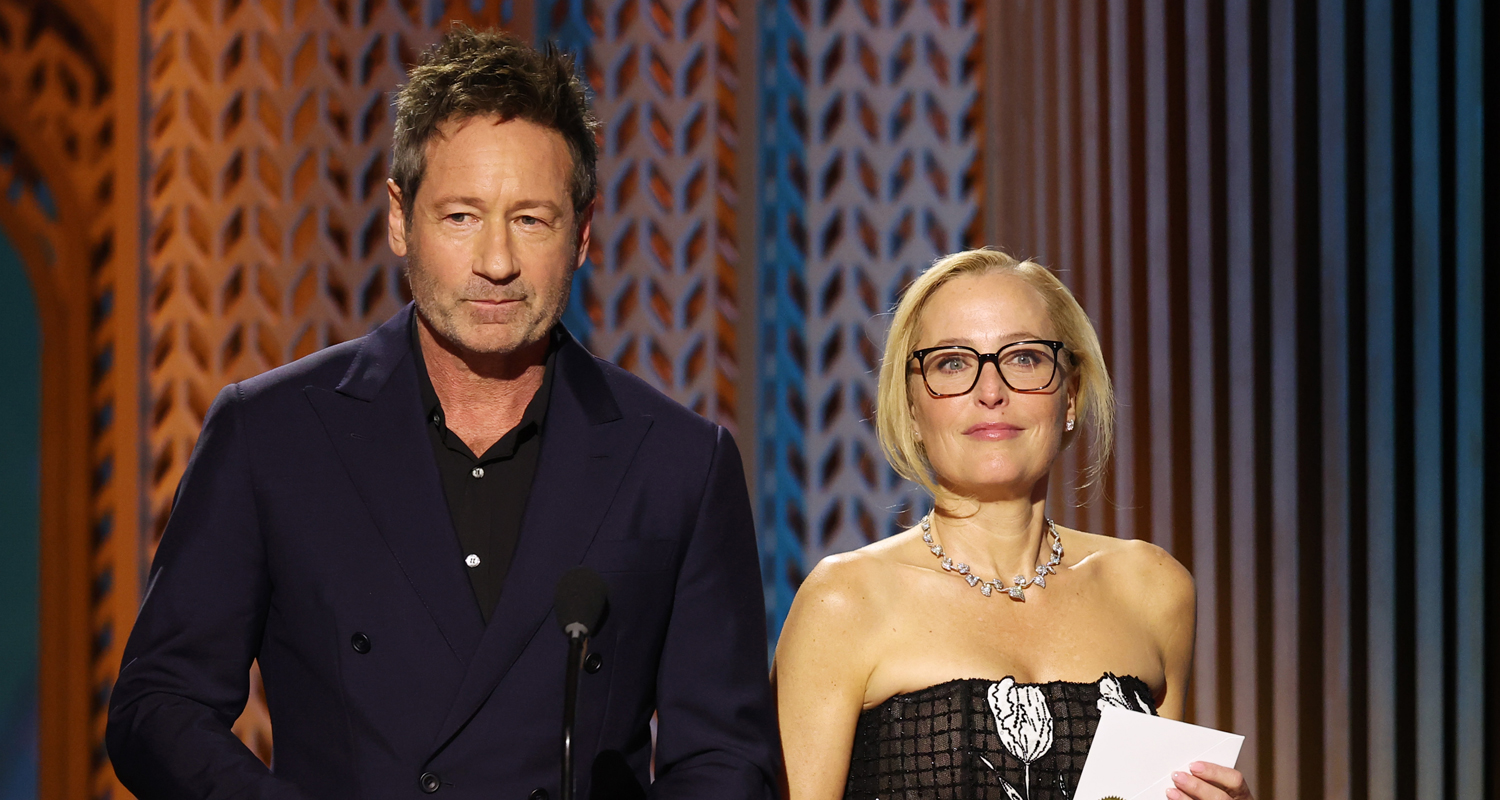Eurovision Stage: Controversy Over Pride Flag Ban

Table of Contents
The Alleged Ban and its Impact
Reports emerged alleging a ban on the display of Pride flags within the Eurovision Song Contest venue and surrounding areas. While the European Broadcasting Union (EBU), the organizer of the contest, has yet to issue a clear and definitive statement, the mere suggestion of such a restriction has ignited a firestorm of protest. The lack of transparency surrounding the alleged policy only fuels the anger and speculation.
The immediate reaction from LGBTQ+ communities and their allies has been swift and intense. The alleged ban is seen as a significant setback for LGBTQ+ visibility and inclusion, particularly given Eurovision's international platform and its history of showcasing diverse artists and cultures.
- Social media outrage and trending hashtags: #EurovisionPrideFlagBan, #EurovisionPride, and related hashtags quickly trended globally, with thousands of users expressing their disappointment and anger.
- Statements from LGBTQ+ organizations and representatives: Numerous LGBTQ+ rights organizations have issued statements condemning the alleged ban, calling for transparency and accountability from the EBU.
- Potential boycotts and protests: Calls for boycotts of the event and planned protests outside the venue have emerged as a response to the alleged restrictions.
- Impact on Eurovision's image and reputation: The controversy has undeniably tarnished Eurovision's image, casting a shadow on its commitment to diversity and inclusion. This could lead to long-term reputational damage and a decrease in future viewership.
Arguments For and Against the Ban
While the EBU's official position remains unclear, arguments both for and against a potential ban have emerged. It's crucial to examine these perspectives to fully grasp the complexities of this situation.
Arguments for a potential ban (though largely unsubstantiated and widely criticized):
- Maintaining a neutral political stance: Some might argue that banning political or activist symbols, including Pride flags, is necessary to maintain the event's supposed neutrality and avoid alienating viewers with differing political viewpoints. However, this argument fails to recognize that LGBTQ+ rights are not merely a political issue but fundamental human rights.
- Avoiding potential offense to some viewers: This argument, while presented, is highly contentious. It suggests prioritizing the potential discomfort of a minority group over the rights and visibility of the LGBTQ+ community.
Arguments against a potential ban:
- Freedom of expression: The core argument against any ban centers on the fundamental right to freedom of expression. Restricting the display of Pride flags directly violates this right and silences a significant segment of the population.
- Inclusivity and representation: The Eurovision Song Contest prides itself on its diversity and inclusivity. Banning Pride flags sends a contradictory message, undermining the event's stated commitment to representing diverse communities. This action actively marginalizes LGBTQ+ individuals and fans.
Eurovision's Response and Future Implications
The EBU's official response, or lack thereof, is a key aspect of this controversy. A clear and unambiguous statement addressing the allegations is urgently needed to restore trust and mitigate the damage to the event's reputation. The absence of such a statement fuels speculation and exacerbates the situation.
The long-term implications of this controversy could be far-reaching. The potential impact on future participation by LGBTQ+ artists and sponsors is a significant concern. Furthermore, public perception of Eurovision could be negatively affected, potentially leading to decreased viewership and sponsorships in the years to come.
- Official statements from the European Broadcasting Union (EBU): As of this writing, a definitive statement confirming or denying the ban is lacking. This lack of transparency is itself damaging.
- Potential changes to future event regulations regarding flag displays: The controversy could lead to renewed scrutiny of Eurovision's regulations regarding the display of flags and symbols, potentially leading to revised guidelines.
- Impact on viewer ratings and public perception: The controversy has already sparked significant negative press coverage and social media activity, and the long-term impact on viewer ratings and public perception remains to be seen.
The Broader Context of LGBTQ+ Rights and Representation
The Eurovision Pride Flag controversy extends beyond the confines of a single event. It reflects broader global conversations surrounding LGBTQ+ rights and representation in media and entertainment. The visibility of LGBTQ+ individuals and their symbols in public spaces is a crucial component of the ongoing struggle for equality and acceptance. Banning Pride flags at such a prominent international event sends a disheartening message about the state of LGBTQ+ inclusion worldwide.
Conclusion
The controversy surrounding the alleged Eurovision Pride flag ban underscores a complex interplay between event regulations, freedom of expression, and the ongoing fight for LGBTQ+ rights. The potential impact of this decision extends far beyond the Eurovision stage, highlighting the critical role global events play in promoting inclusivity and representing diverse communities.
Understanding the nuances of this "Eurovision Pride Flag Ban" debate is crucial for fostering a more inclusive future for global events. Let's continue the conversation and advocate for the representation of all communities at events like Eurovision. Share your thoughts and opinions on the #EurovisionPrideFlagBan using the hashtag to amplify the discussion and demand accountability from the EBU.

Featured Posts
-
 10 2025 12
Apr 30, 2025
10 2025 12
Apr 30, 2025 -
 Trump Removes Doug Emhoff From Holocaust Memorial Council
Apr 30, 2025
Trump Removes Doug Emhoff From Holocaust Memorial Council
Apr 30, 2025 -
 Gillian Anderson And David Duchovnys Sag Awards Reunion A Look Back
Apr 30, 2025
Gillian Anderson And David Duchovnys Sag Awards Reunion A Look Back
Apr 30, 2025 -
 Household Plastic Chemicals And The Risk Of Heart Disease Death Study Findings
Apr 30, 2025
Household Plastic Chemicals And The Risk Of Heart Disease Death Study Findings
Apr 30, 2025 -
 A Comprehensive Timeline Of Channing Tatum And Inka Williams Romance
Apr 30, 2025
A Comprehensive Timeline Of Channing Tatum And Inka Williams Romance
Apr 30, 2025
